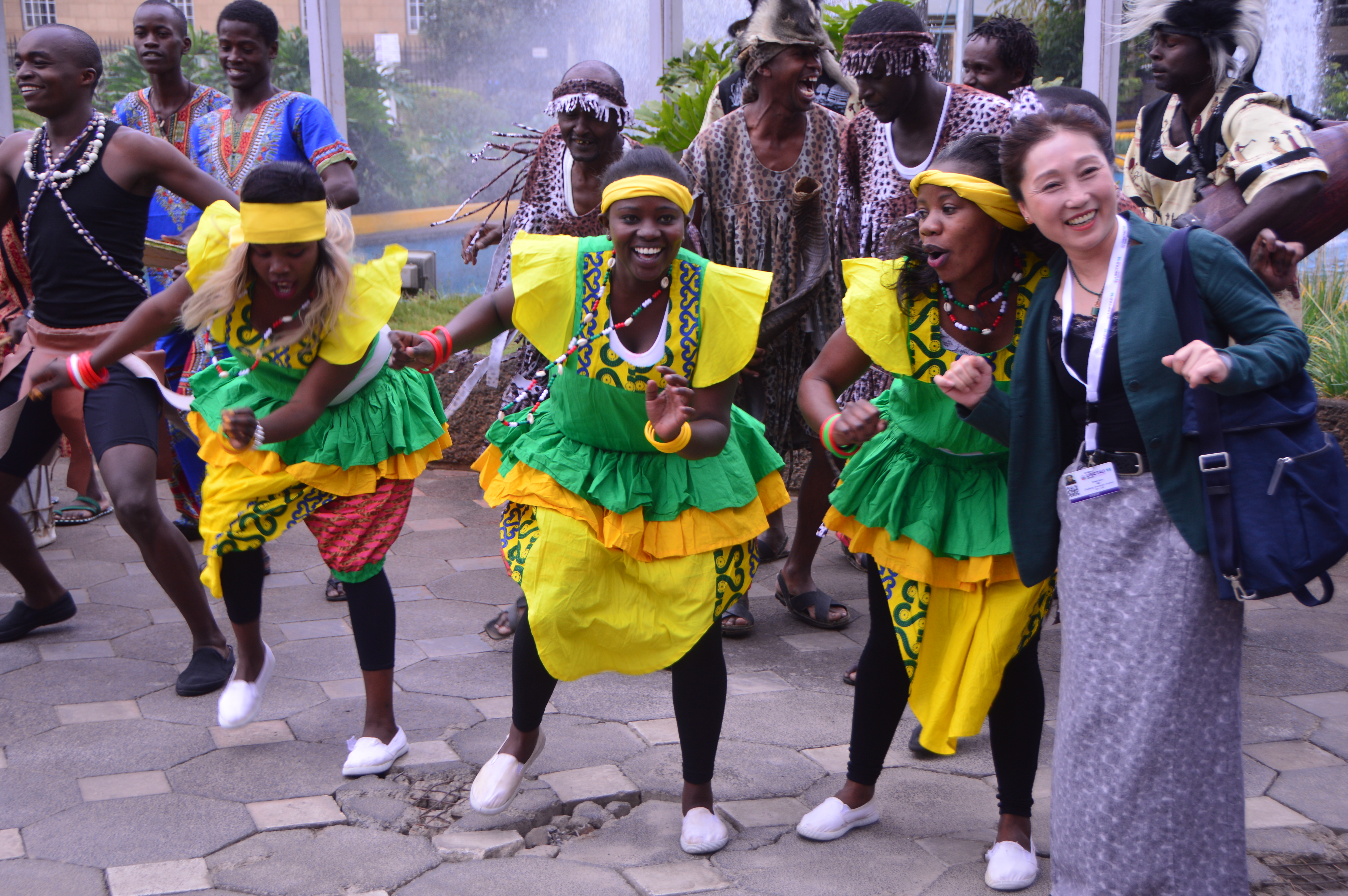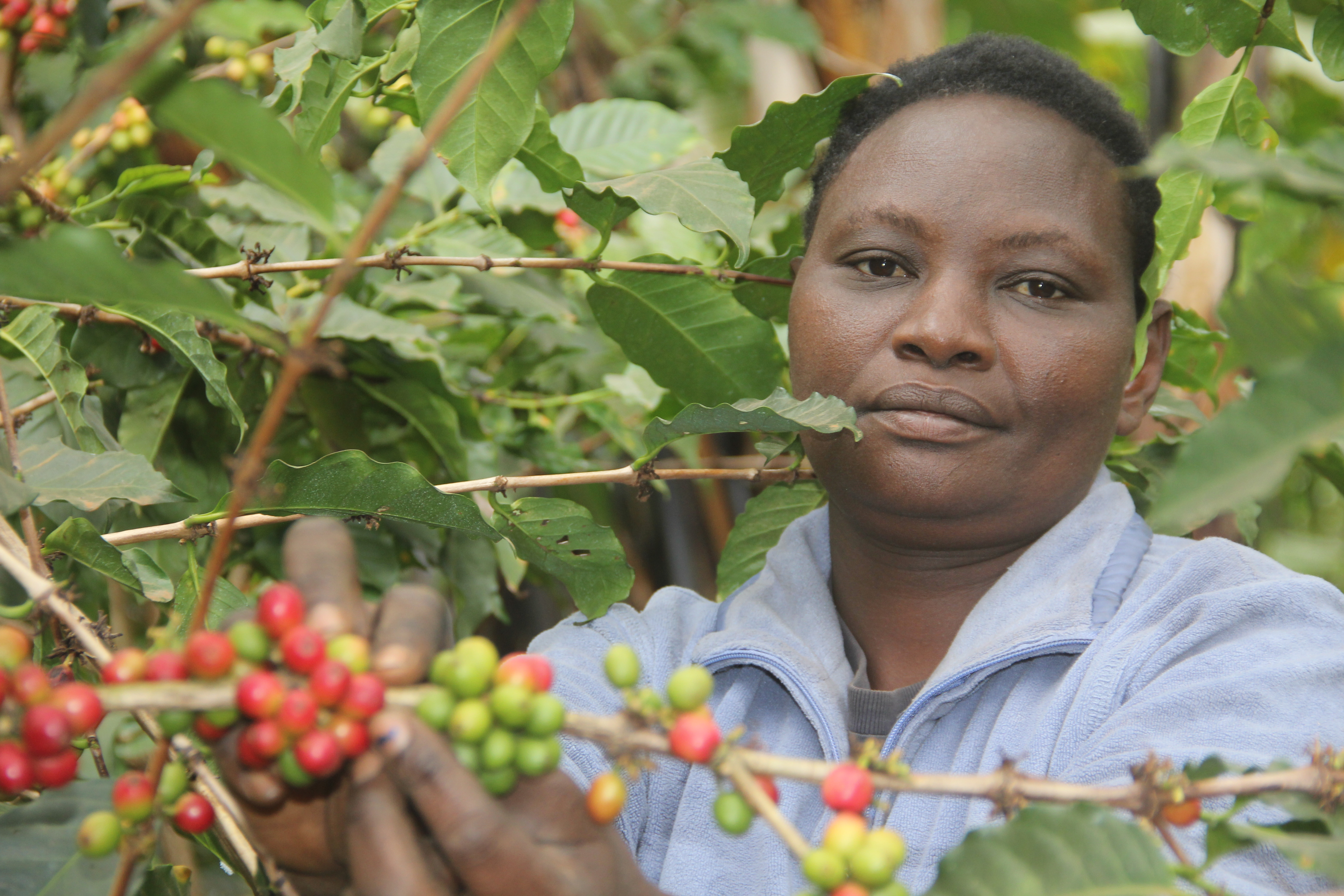|
Getting your Trinity Audio player ready...
|
By Mercy Chepkemoi
At the COP26 climate summit, the leaders of Estonia, Tanzania, and Bangladesh were the first to sign the Glasgow Women’s Leadership statement, calling for countries to support the leadership of women and girls on climate action at all levels of society and politics.
The participants in the convention acknowledged the distinct vulnerability of women to climate change. Unfortunately, women from the most vulnerable countries including Kenya were not present at the decision-making levels of COP26 leaving a handful of the hundreds of women leaders to pass the most important statement that could potentially change the dreams and lives of Kenyan women and children.
The ripple effects of this omission have been felt with the just concluded Africa Climate Change Summit held in Nairobi-Kenya, it was clear from the speakers that Kenyan women and by extension children bear the hard painful burden of climate change ranging from flash floods, drought, rising sea water levels and the high levels of heat waves.
Women, as opposed to men, are by no doubt seen as more vulnerable to the impacts of climate change mainly because they represent the majority of the world’s poor group, and they directly depend on threatened and depleting natural resources. The huge disparity between the two sexes is also evident in the place of women in their different roles, responsibilities, decision-making, access to land and natural resources, and opportunities held by both sexes.

The vulnerability of women can be attributed to social, economic, and cultural effects in the African Culture.
In most Kenyan households, women are the sole breadwinners who shoulder major household responsibilities ranging but not limited to looking for water supply, source of energy for cooking, and heating the household.
The women who are also engaged in small-scale farming to fend for the households have little to no access to avenues to participate in decision -making nor are they involved in the distribution of environmental management benefits. These women who carry the burden of their entire households have little or no time to attend or have access to training and education seminars to develop skills to better their livelihoods. The level of illiteracy doubled up with lack of mobility puts these women at the forefront of receiving the brunt of climate change.
Climate-induced stressors can also impact access to education and the labor market for women and girls, increasing the time they must spend on household chores and therefore perpetuating a cycle of disempowerment. Moreover, in the aftermath of climate-induced disasters, women and girls can be more vulnerable to gender-based violence and therefore need access to quality services essential for their safety and recovery.
To improve women’s participation in adaptation to climate change, women ought to be seen not as victims but as active agents in the fight against climate change. Women for a long time have been carriers of indigenous knowledge who pass knowledge from one generation to the next and in this same breath, they are known to have immense knowledge and skills related to water harvesting and storage, how to mitigate adverse changes of weather conditions such as floods and drought and food preservation.
This knowledge must be tapped and passed down from one generation to the other to enhance local adaptive capacity.
Women should also be given a seat at the table in both the national and county level platforms to give opinions regarding the allocation of resources in climate change initiatives. Both levels of government should also formulate women-inclined programs to mitigate the effects of climate change.
I acknowledge efforts to promote gender equality in climate change policies, programs, and initiatives, including the UN Secretary General’s initiative on Gender and Climate Change, launched at the Global Climate Action Summit 2019. With 7 years left to achieve the 2030 Agenda for Sustainable Development, notably Sustainable Development Goal 5 on achieving gender equality and empowering all women and girls, there is a lot to be done to improve women’s and girls’ participation and leadership in all climate actions.
Mercy Chepkemoi is an advocate of the High Court in Kenya.














